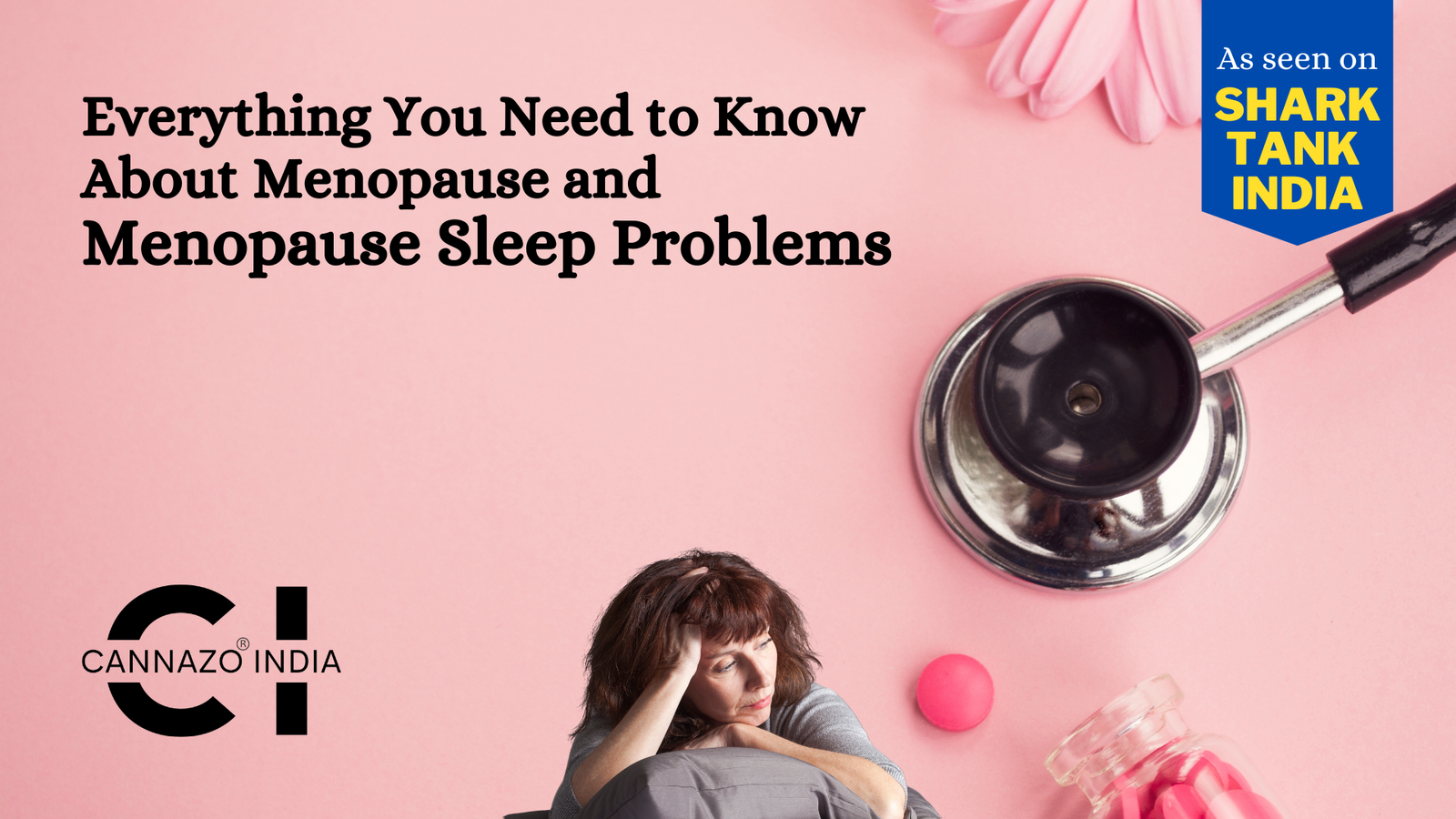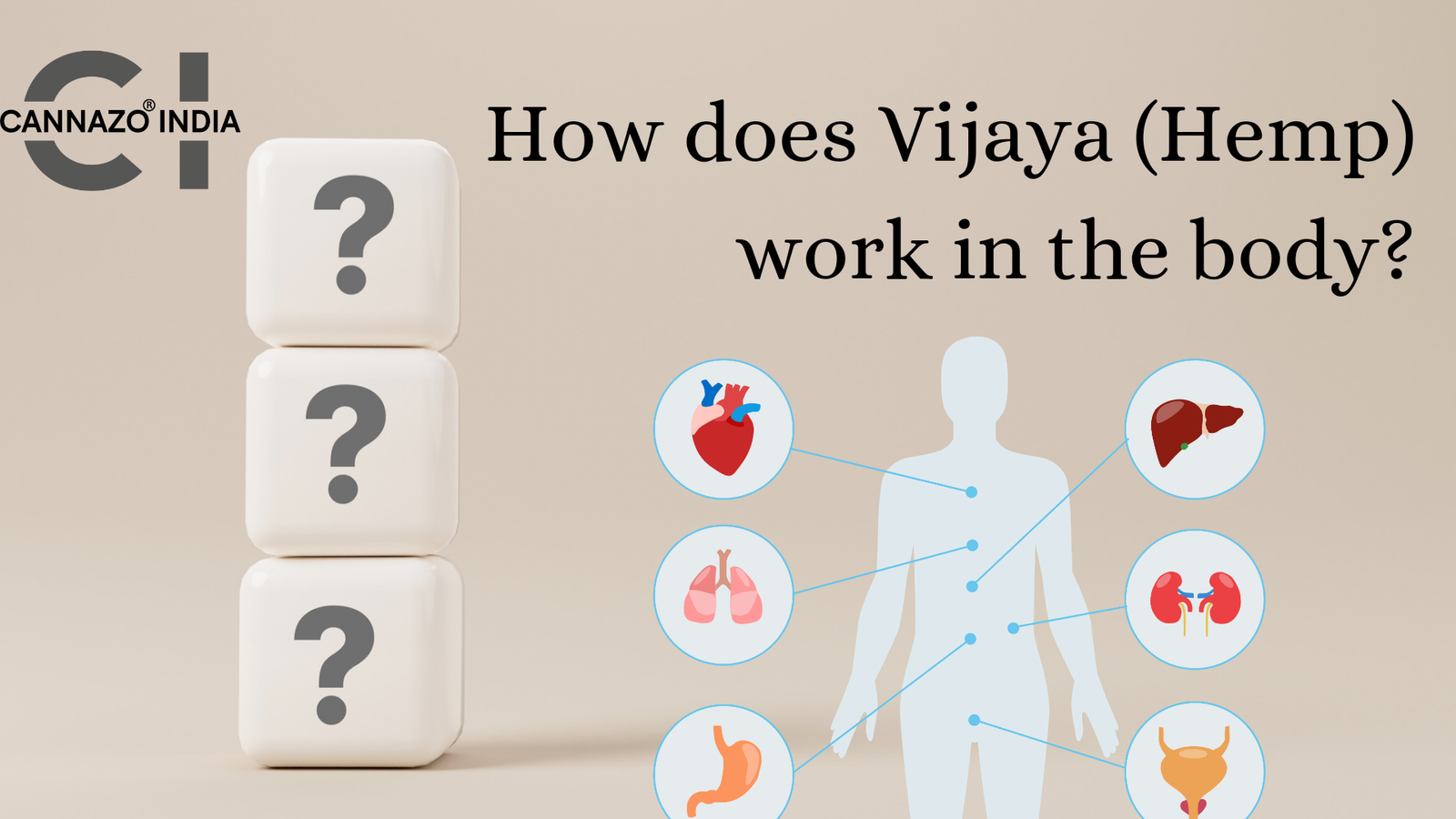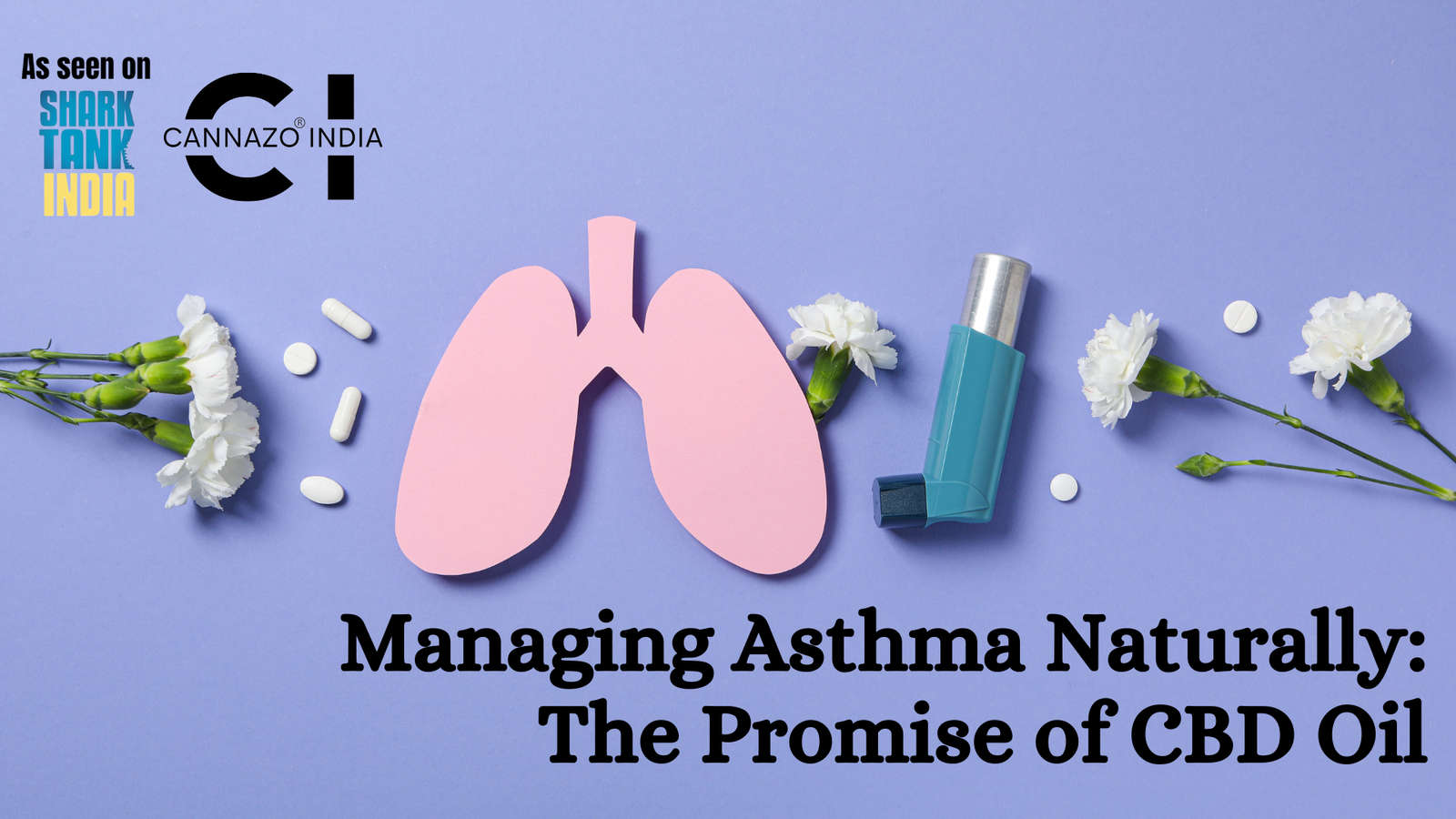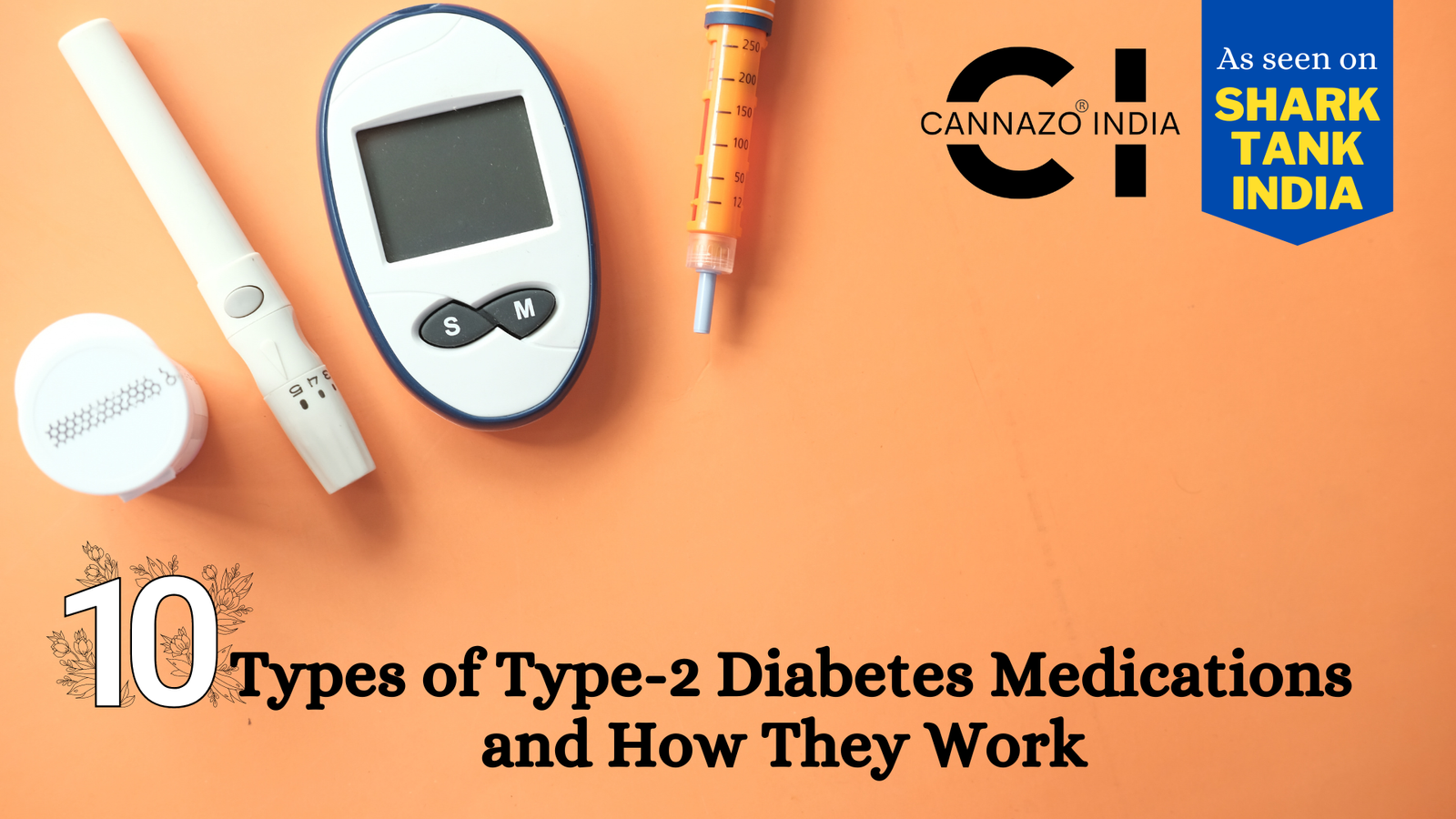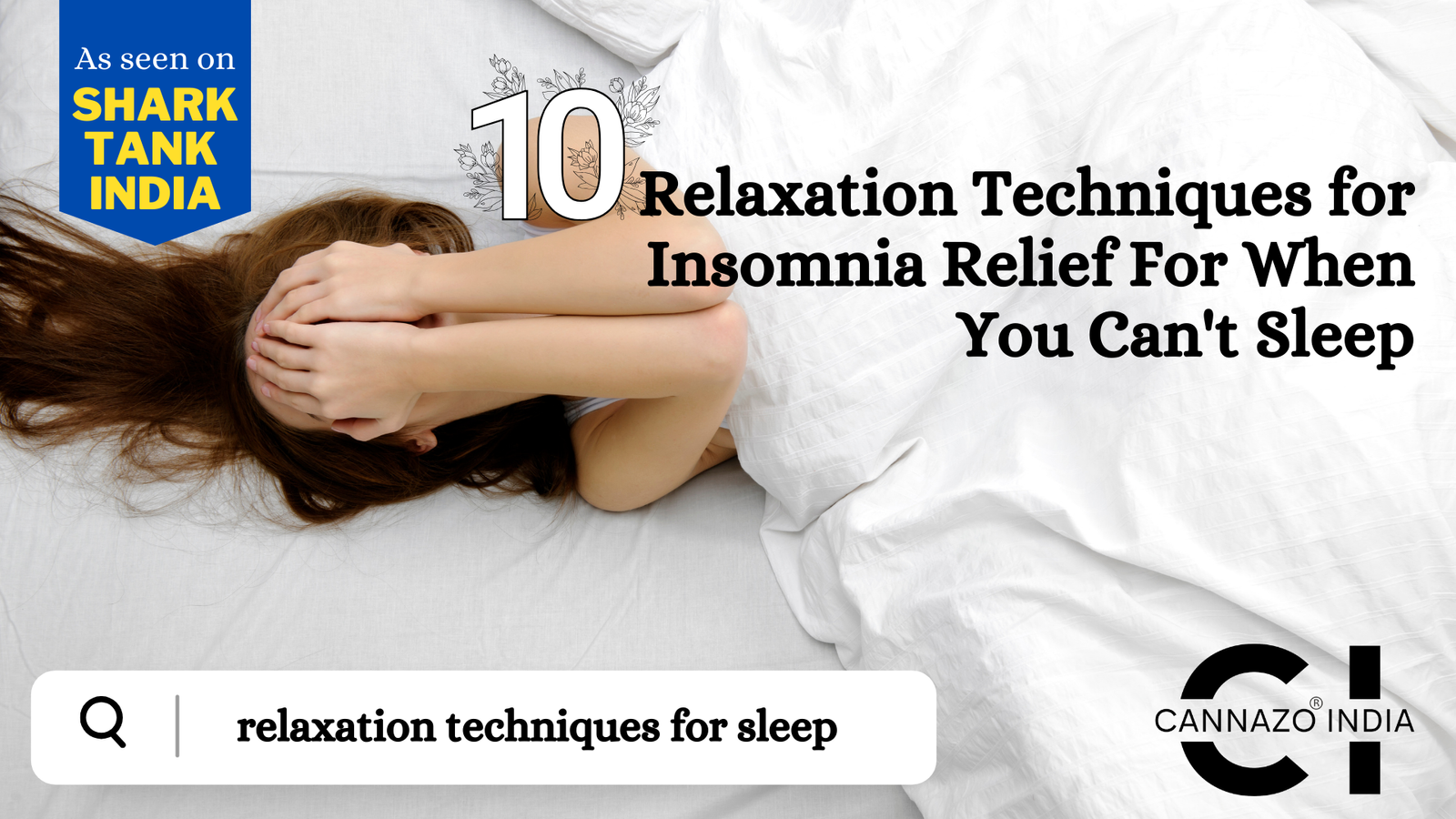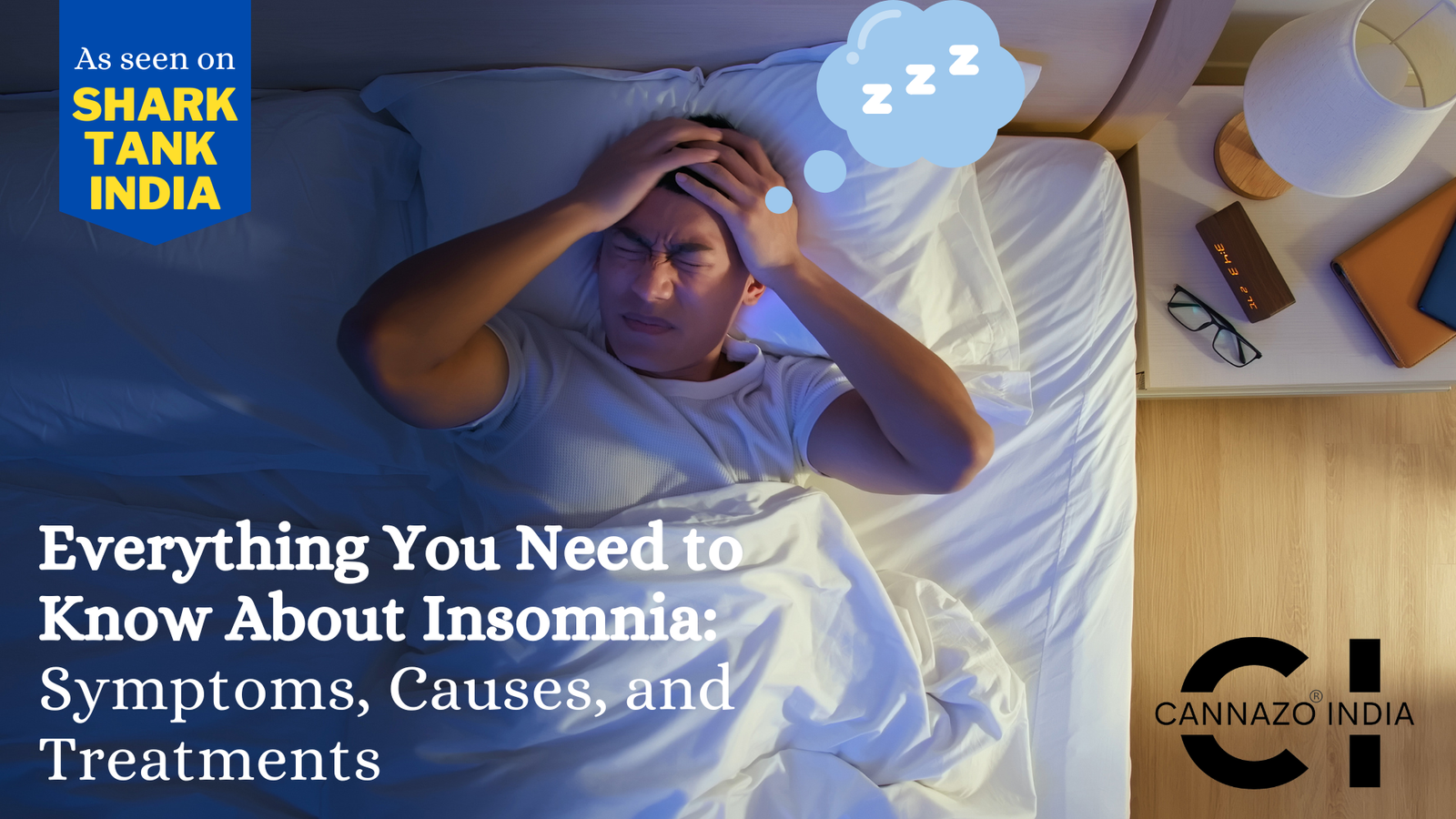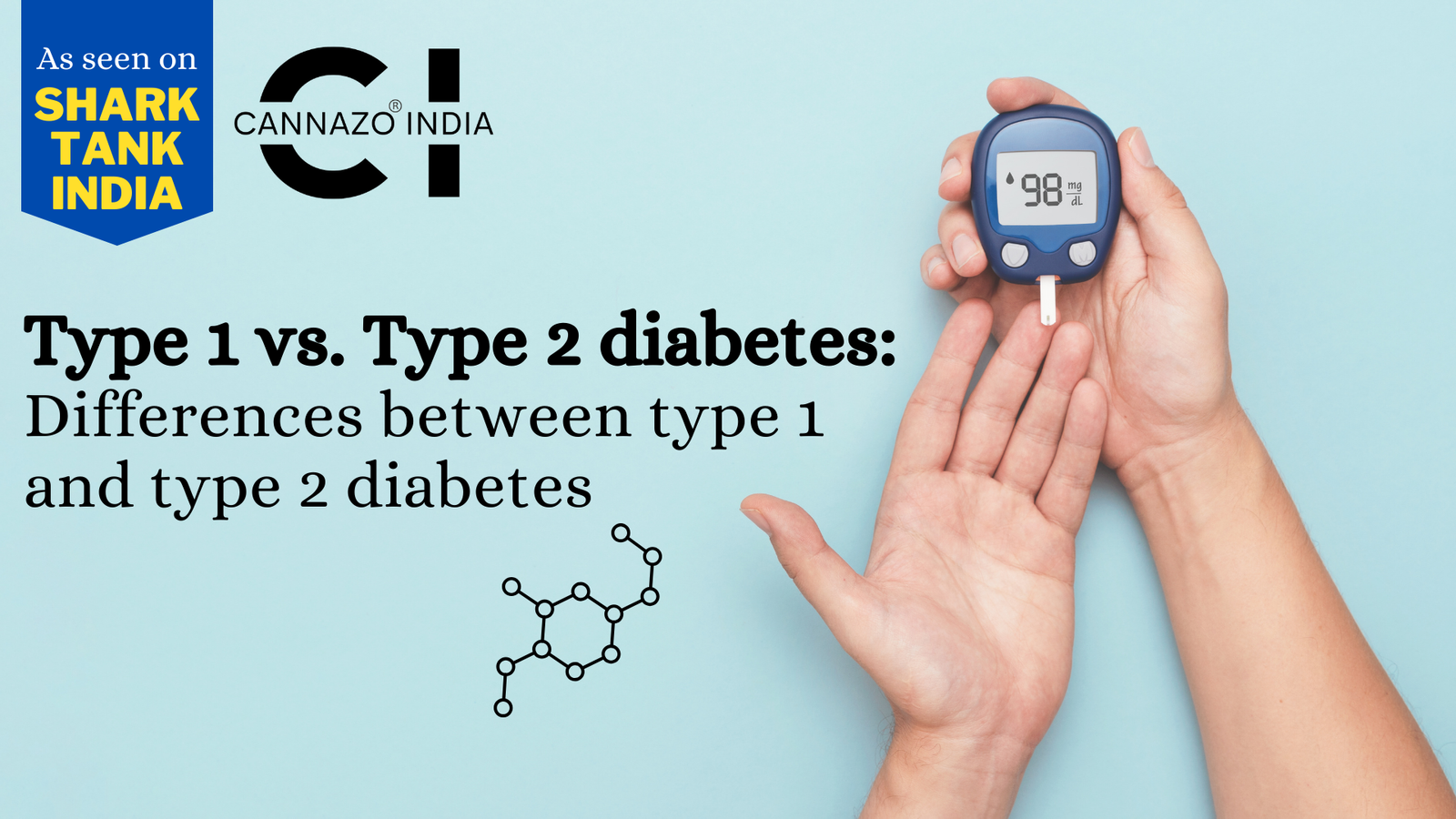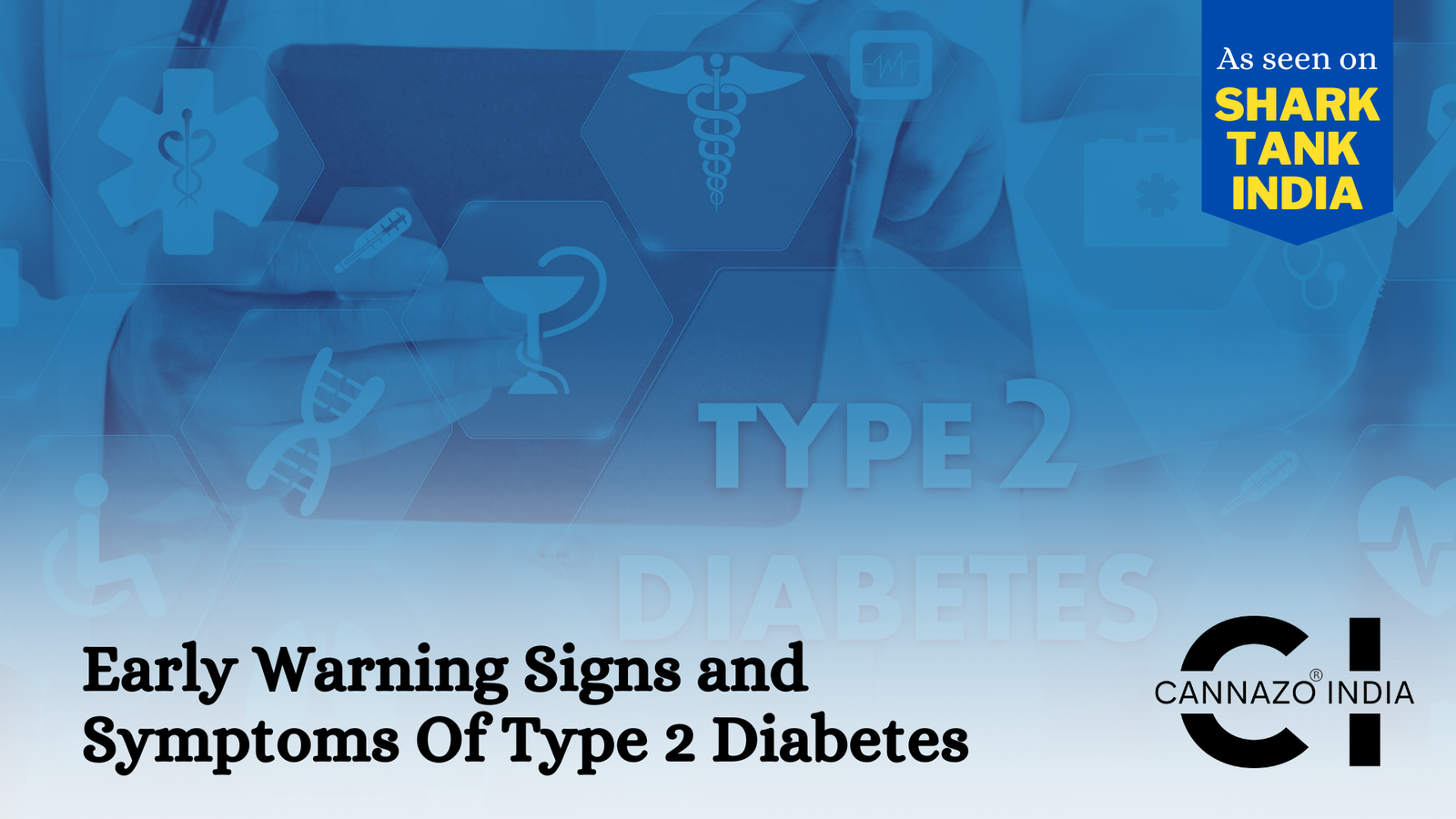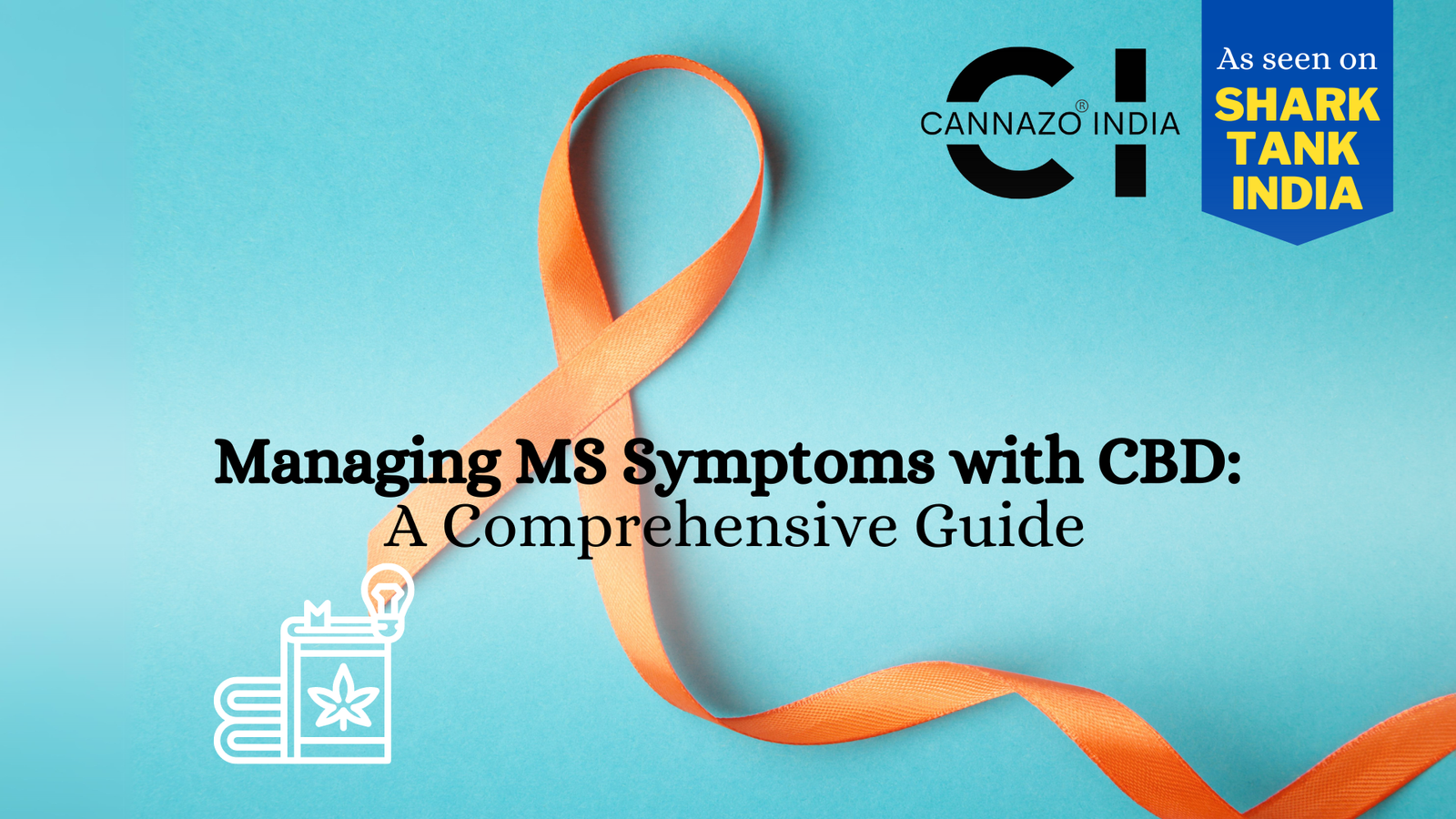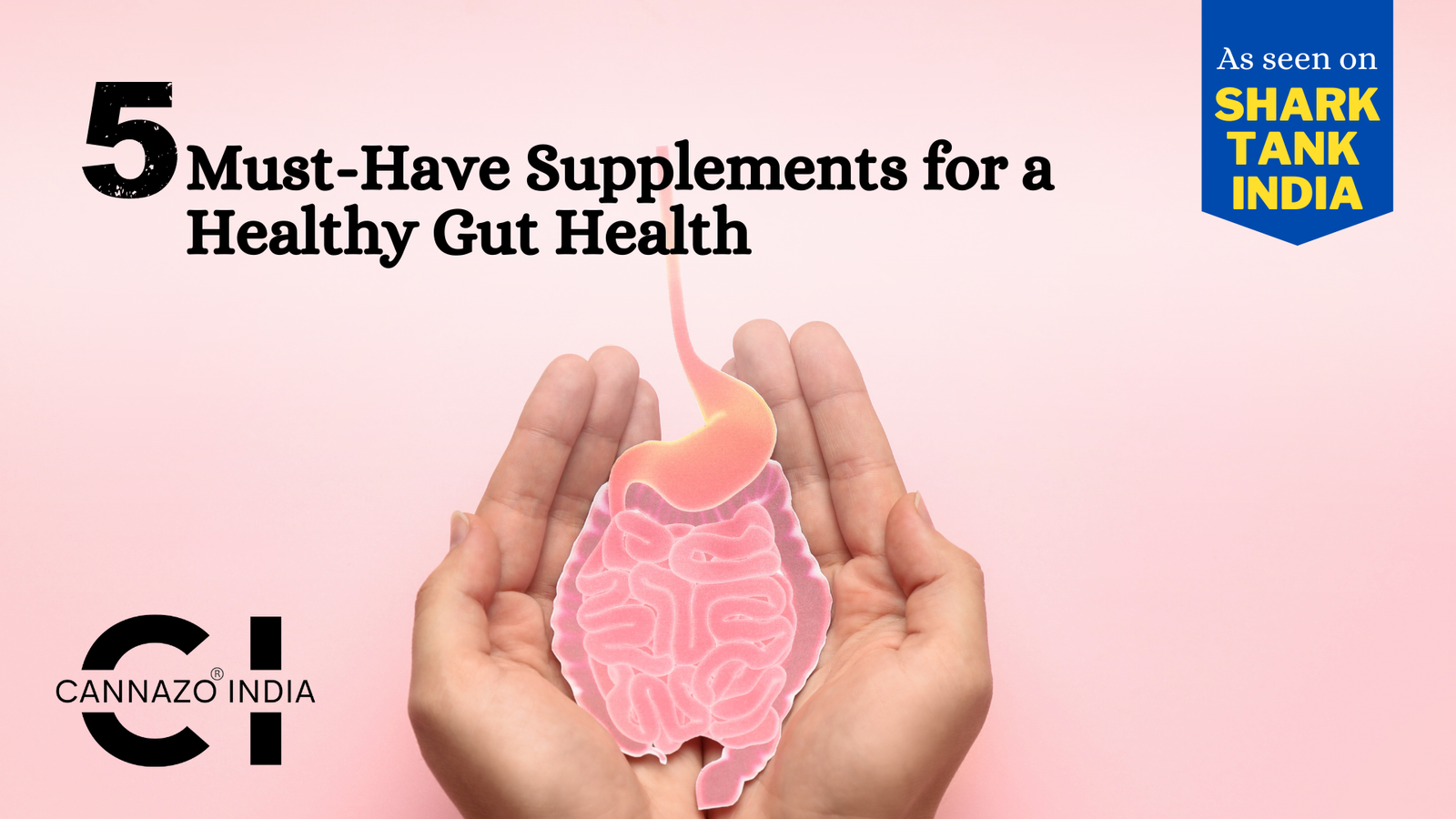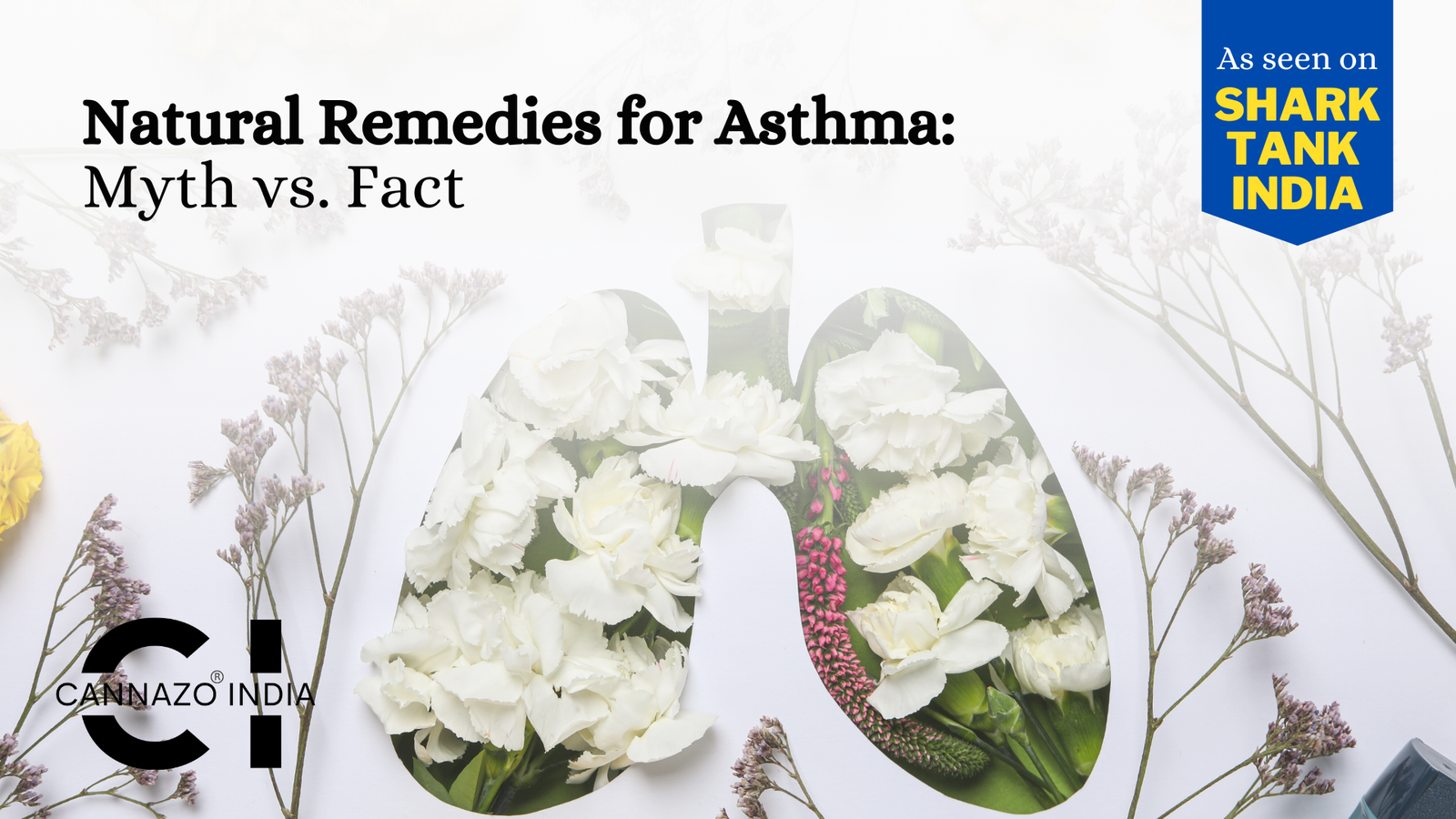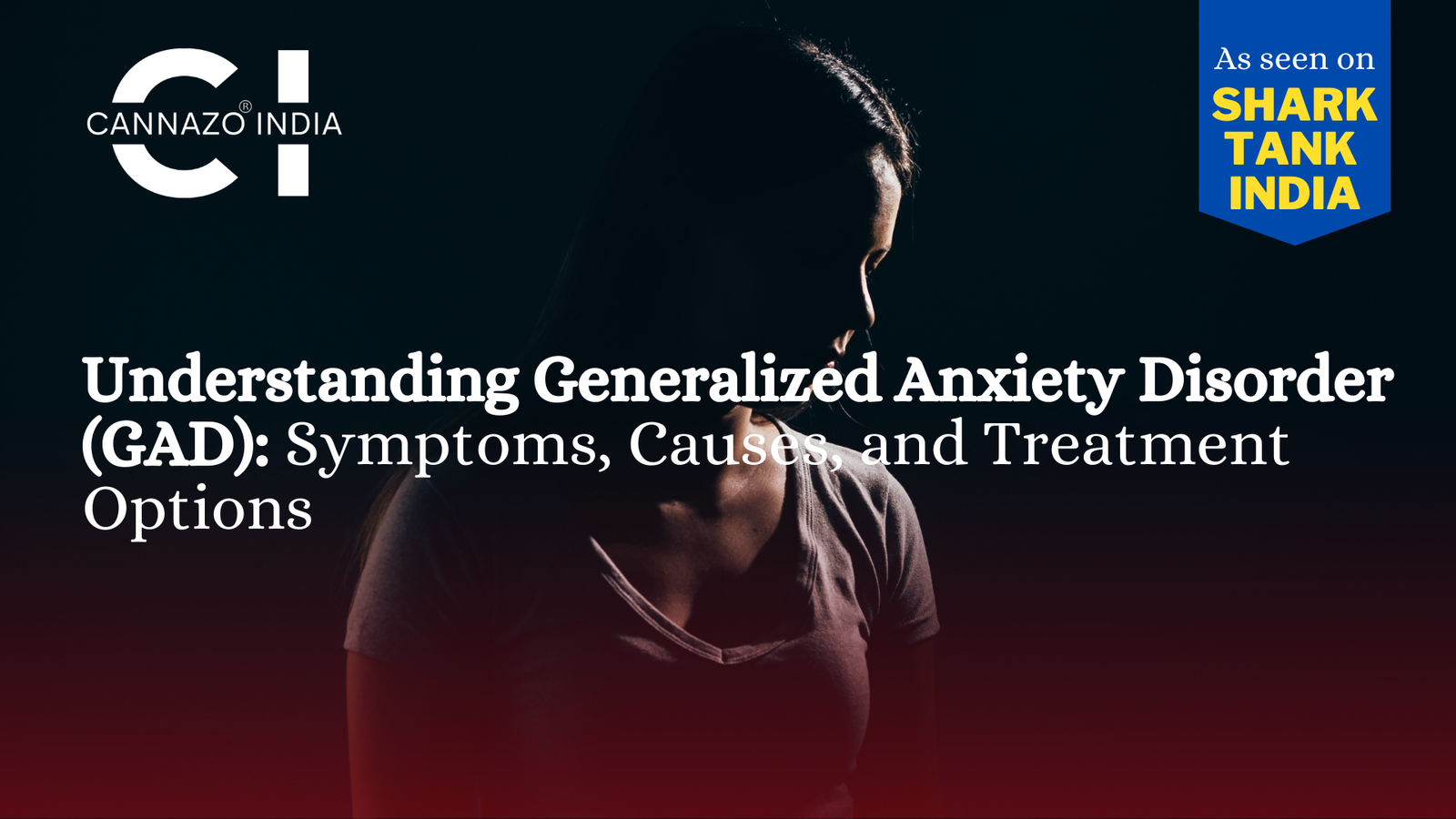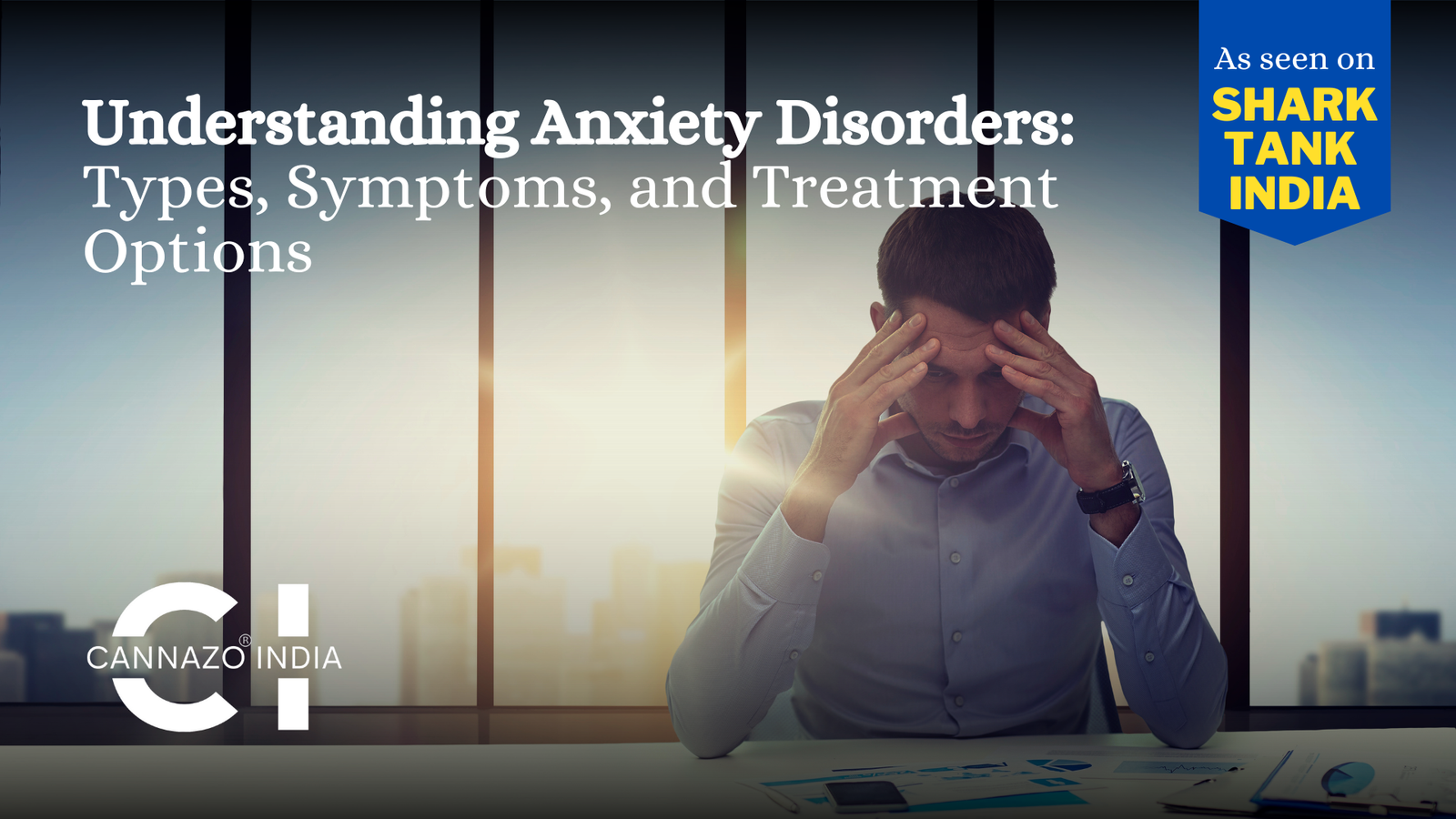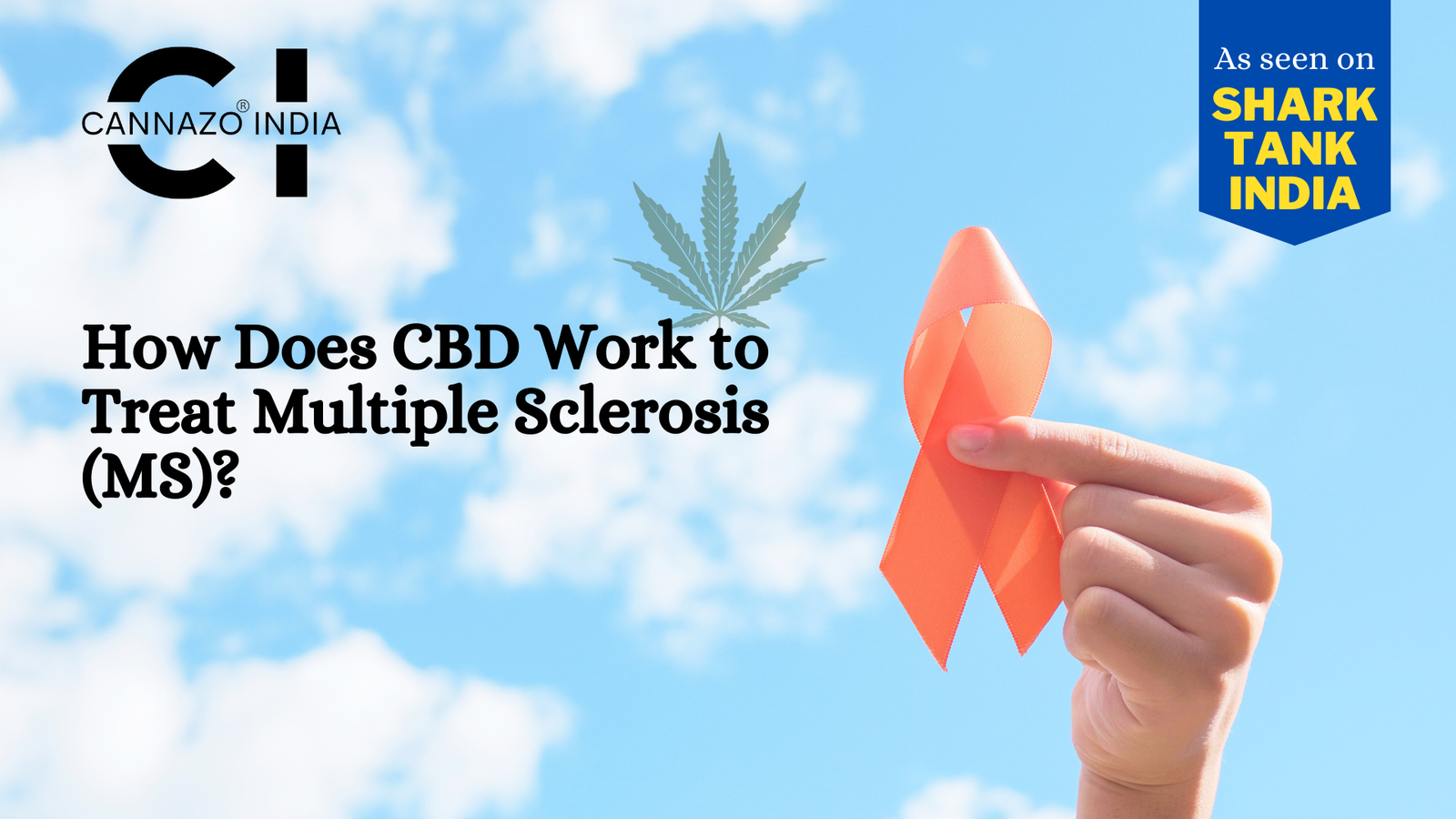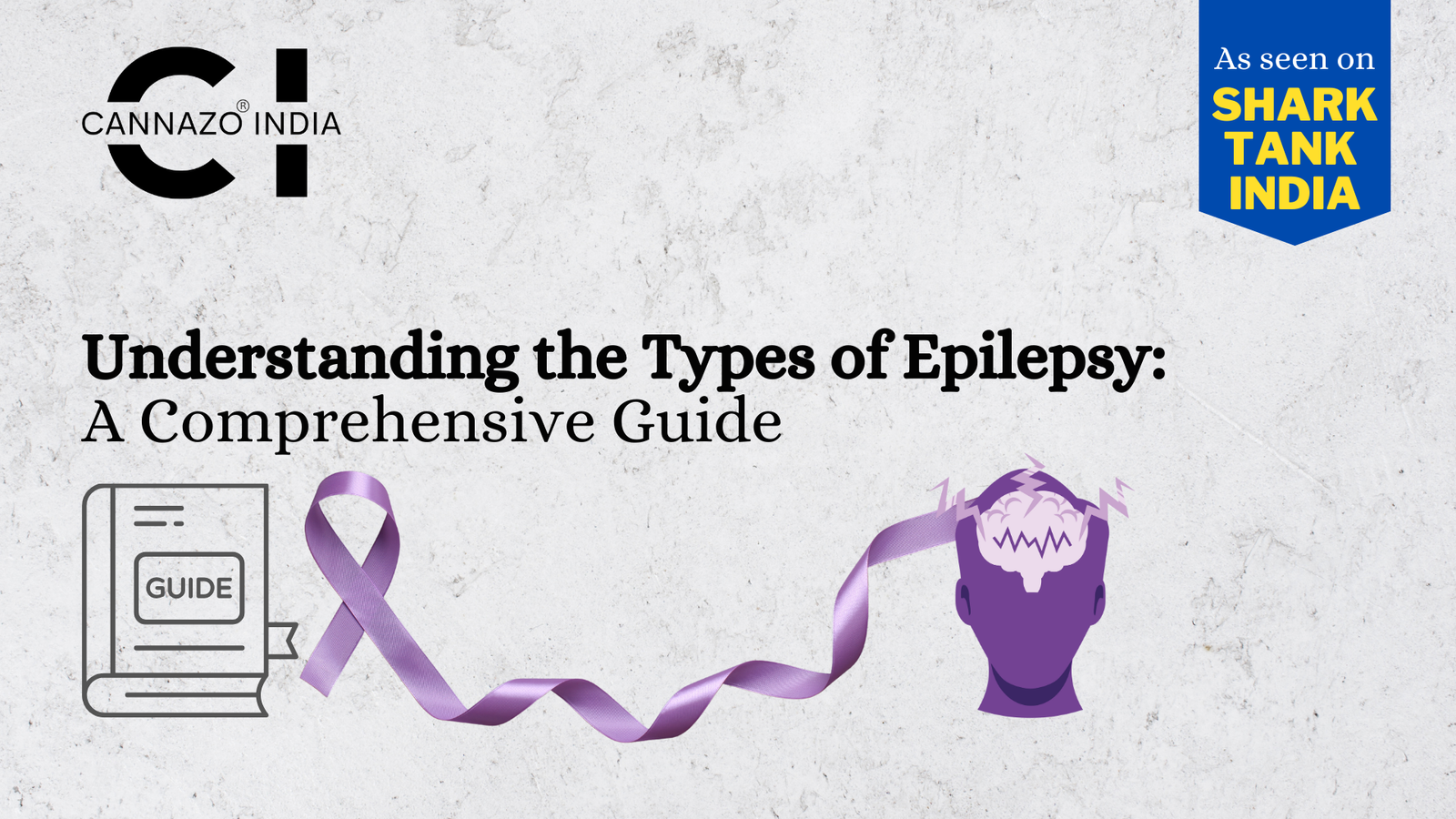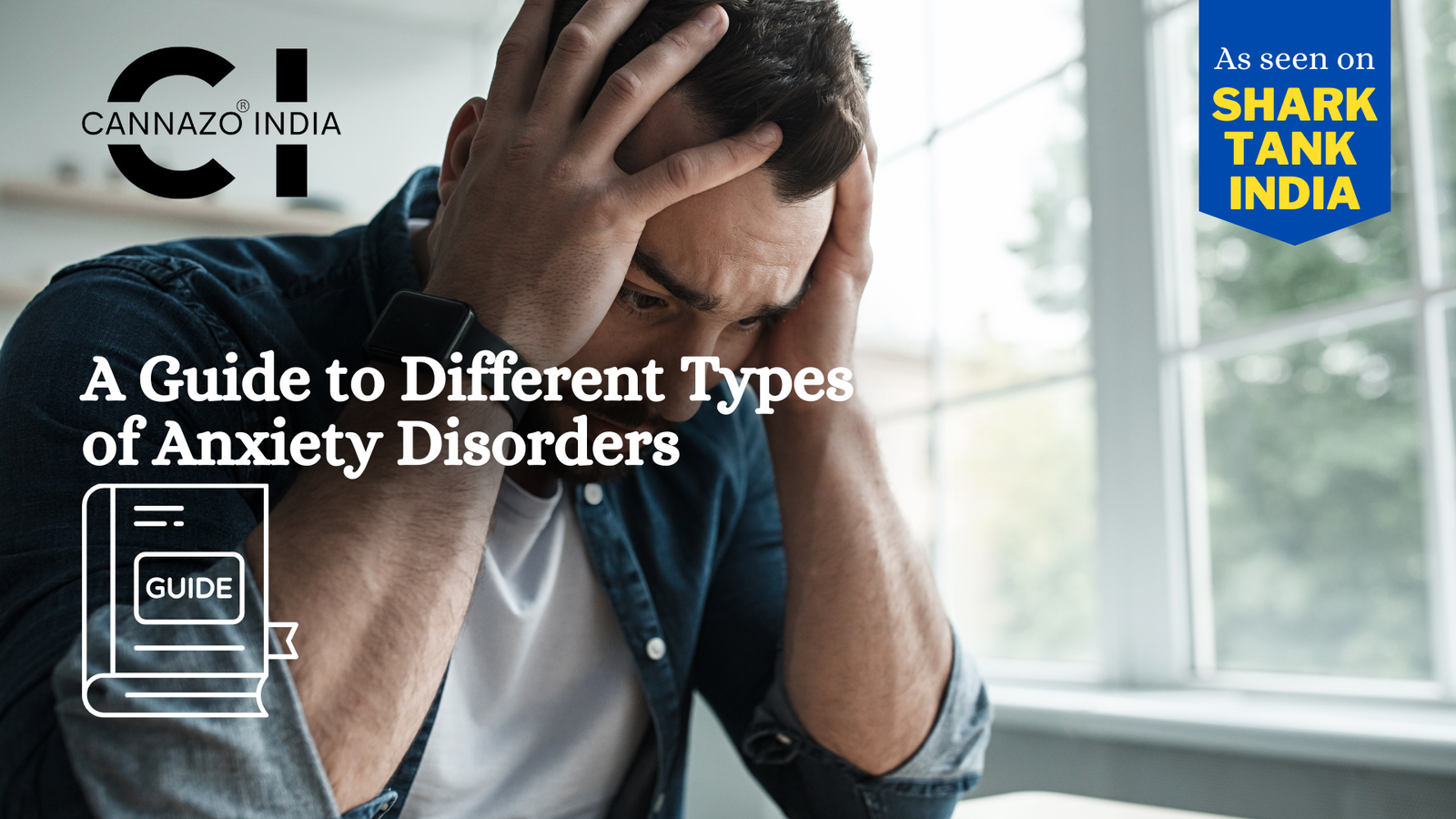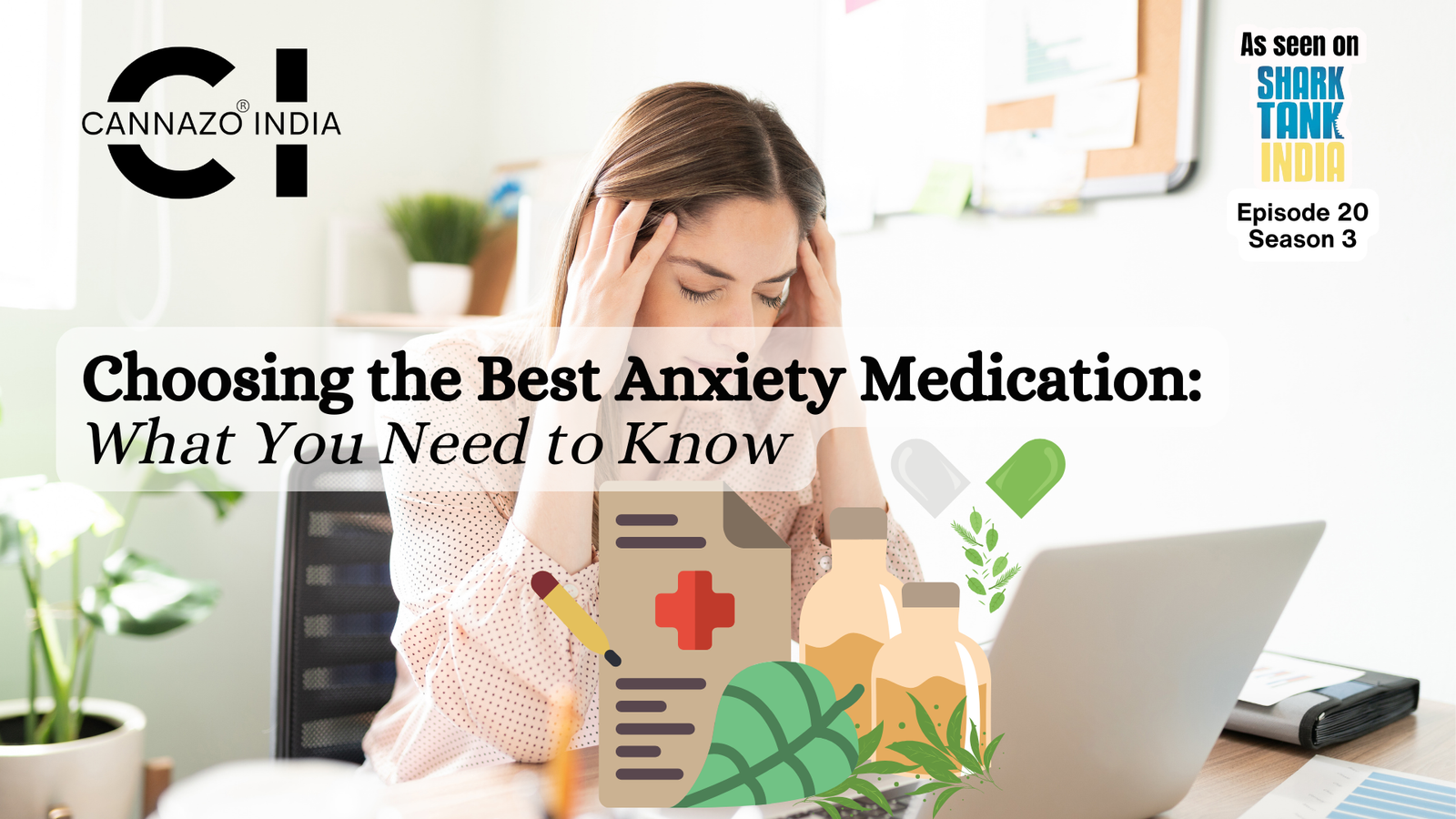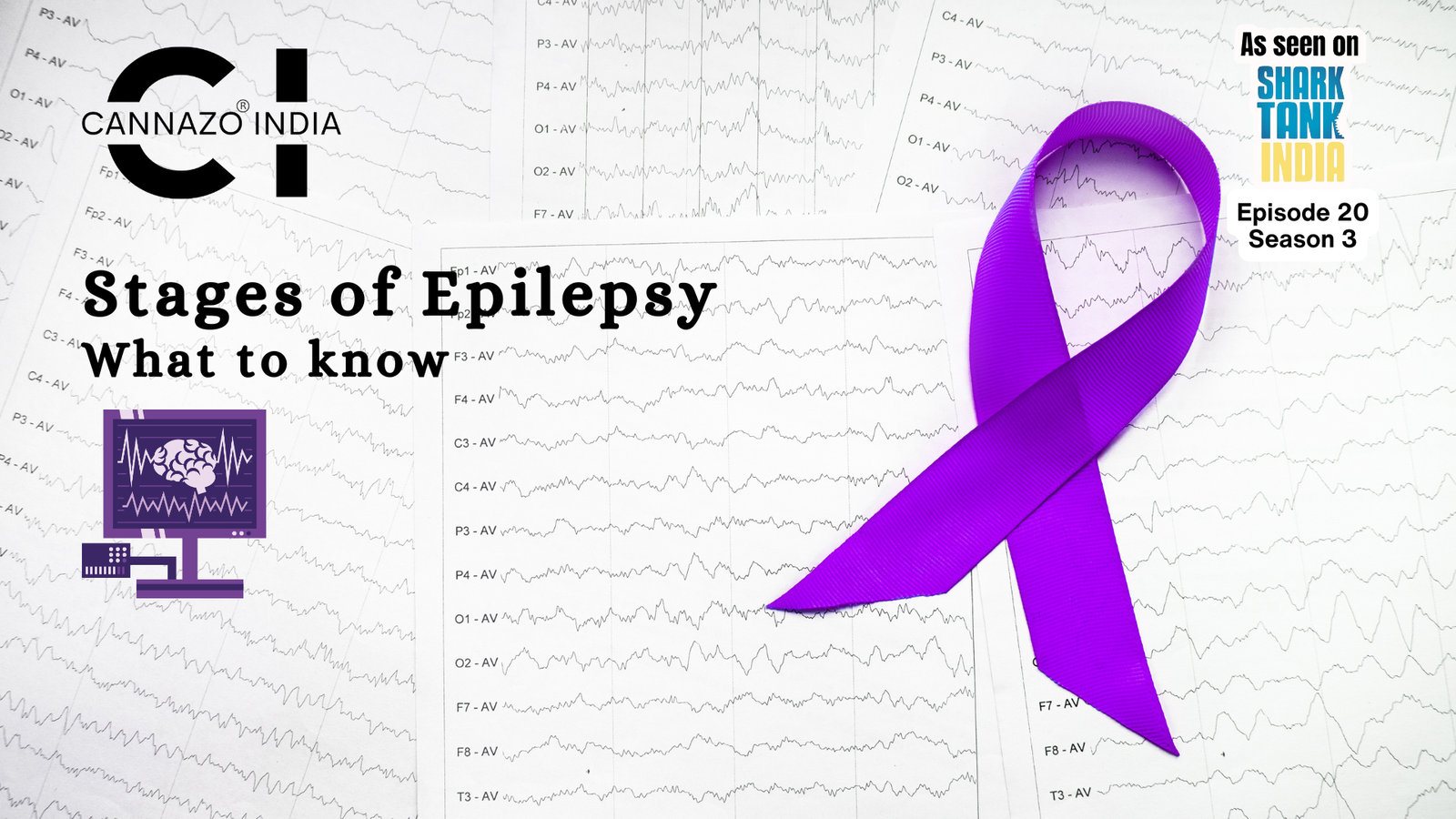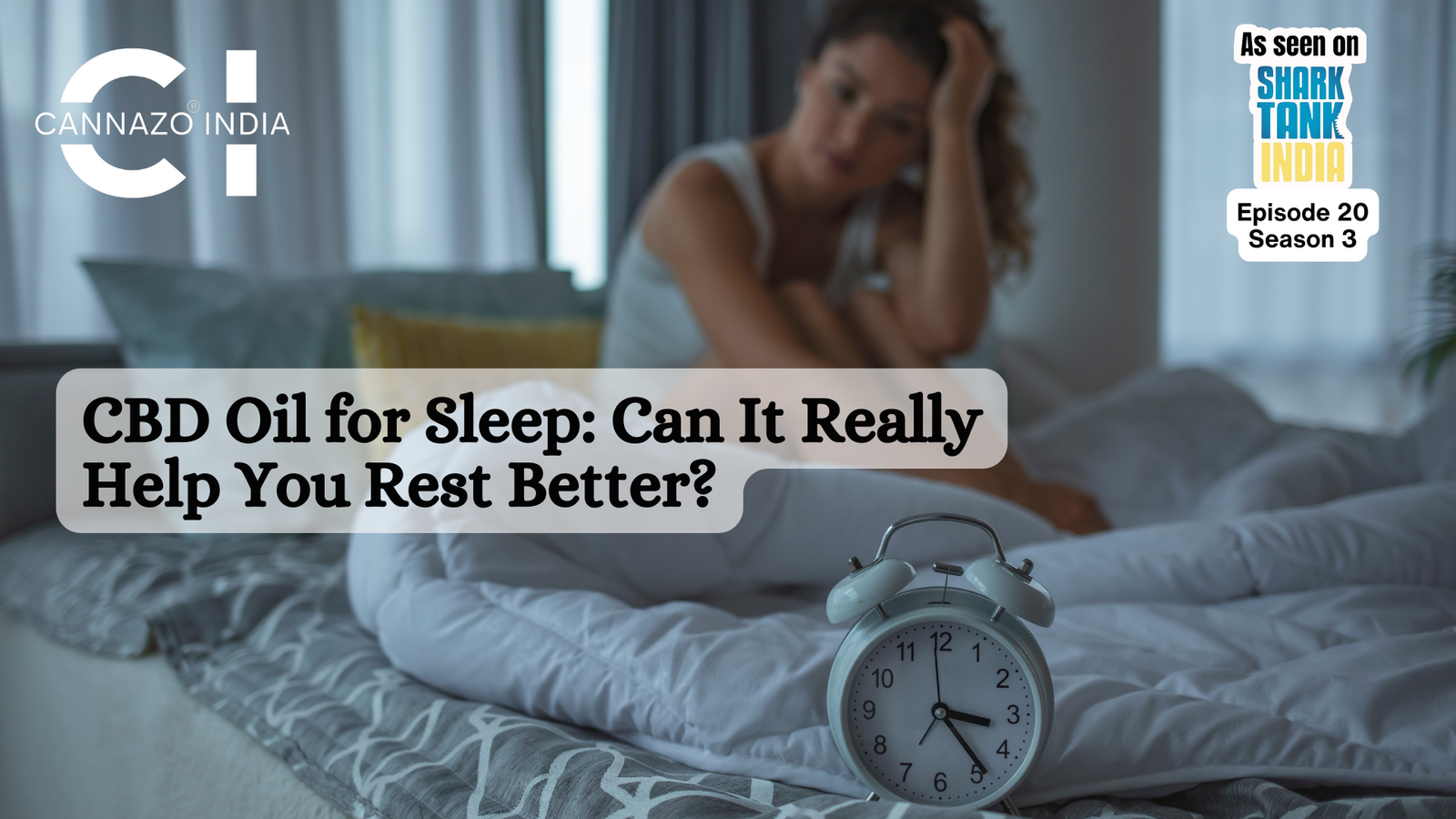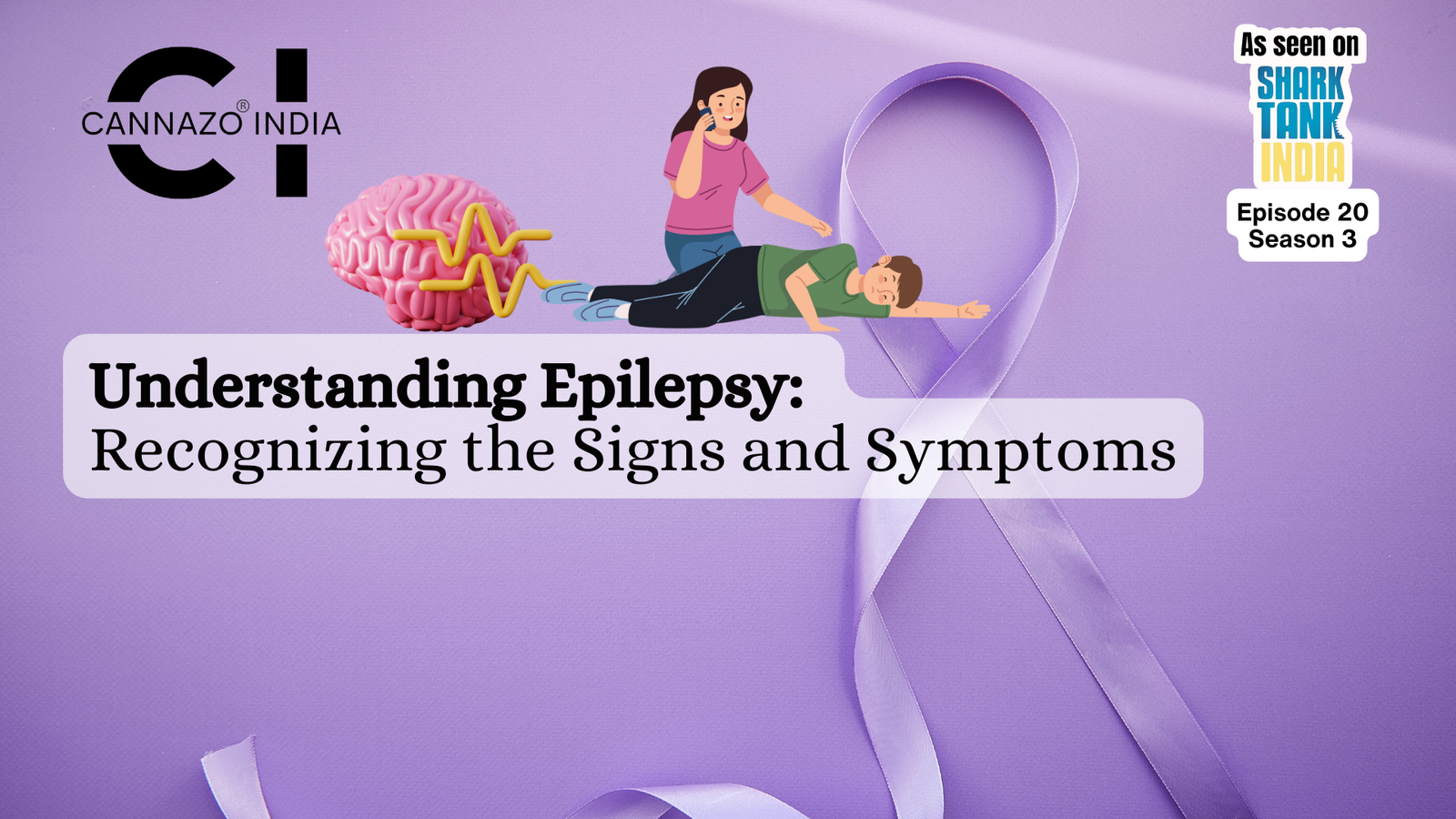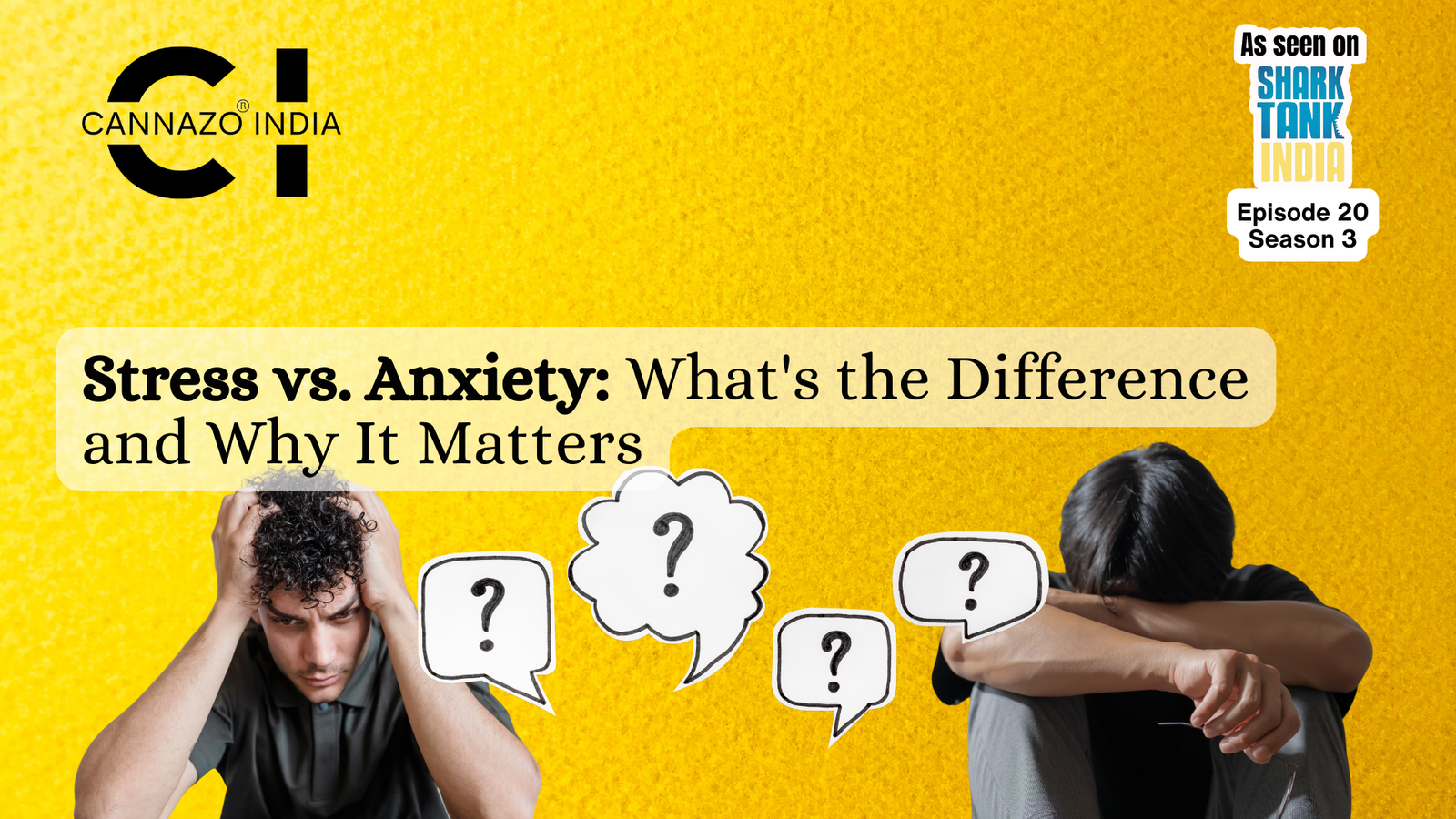The menstrual cycle of a woman ends with the menopause, a normal biological process. It usually manifests in women in their late 40s or early 50s, indicating the end of their ability to reproduce. Menopause is a natural stage of life, but it also involves major hormonal changes that can cause a number of symptoms, including insomnia.
Everything you need to know about menopause, its symptoms, and the sleep issues that are frequently connected to this life-transitional stage for women will be covered in this article. Comprehending these obstacles is essential for proficiently handling sleep-related problems associated with menopause and preserving general wellness throughout this stage.
Understanding Menopause
The end of a woman’s reproductive years is marked by the normal biological process of menopause. Usually, a woman is diagnosed when she has missed her period for a full year. The ovaries’ decreased ability to produce certain hormones, namely progesterone and estrogen, is what causes menopause.
Different women may have different physical and mental symptoms as a result of this hormonal transition. Common symptoms include:
- Hot flashes
- Night sweats
- Mood swings
- Vaginal dryness
- Changes in libido
- Menopause related insomnia
Although menopause is a normal aspect of aging, a woman’s quality of life, particularly her sleep habits, can be greatly affected by its symptoms. Comprehending the physiological alterations linked to menopause is imperative for proficiently handling its symptoms and advancing general welfare throughout this moment of transition.
Menopause Sleep Problems
- Insomnia: Many women experience difficulty falling asleep or staying asleep during menopause, often due to hormonal fluctuations and night sweats.
- Night Sweats: Sudden and intense hot flashes during the night can disrupt sleep, leading to frequent awakenings and difficulty returning to sleep.
- Sleep Apnea: The risk of sleep apnea increases during menopause, which can further exacerbate sleep disturbances and lead to daytime fatigue.
- Restless Legs Syndrome (RLS): Some women may develop RLS during menopause, characterized by uncomfortable sensations in the legs and an irresistible urge to move them, particularly at night.
- Mood Disorders: Mood swings, anxiety, and depression commonly accompany menopause and can contribute to sleep difficulties.
- Urinary Symptoms: Menopausal women may experience increased urinary frequency or urgency, leading to nighttime awakenings and disrupted sleep patterns.
- Hormonal Changes: Declining estrogen levels can affect the body’s internal clock and disrupt the natural sleep-wake cycle, leading to insomnia and other sleep disturbances.
Coping Strategies
- Create a Consistent Sleep Schedule: By keeping regular wake and sleep hours, you can better manage your body’s internal clock and enhance the quality of your sleep.
- Relaxation Techniques: Before going to bed, try some deep breathing exercises, meditation, or progressive muscle relaxation to assist de-stress and improve your quality of sleep.
- Establish a Comfortable Sleep Environment: Make sure your bedroom is quiet, dark, and cool to sleep in. To encourage sound sleep, spend money on pillows and a good mattress.
- Remain Active: Avoid intense exercise near bedtime, as this may disrupt your sleep. Instead, exercise regularly but during daytime.
- Limit Stimulants: Because they can interfere with sleep patterns, limit or completely cut out your intake of alcohol and caffeine, especially in the hours before bed.
- Alternative Treatment Options: This includes incorporating natural therapies, such as drinking chamomile tea before bed, to lower stress and enhance sleep quality. This also includes trying safe and effective medications like Cannazo India’s full spectrum CBD oil which can regulate the sleep-wake cycle.
A 2020 review of studies on cannabis and insomnia discovered that several cannabinoids found in the full spectrum cannabidiol (CBD) oil have the potential to enhance sleep quality, reduce sleep disruptions, and shorten sleep delays.
Changing hormones after menopause might increase the risk of anxiety and depression. A 2022 Harvard study found that medical cannabis improved the mood and anxiety of nearly half of the individuals who participated in the study. Reduced stress levels can help enhance sleep quality.
Seeking Professional Help
Effective management of menopausal sleep issues requires seeking professional assistance. Seeking advice from a medical professional who specializes in menopause or sleep medicine enables a thorough assessment of symptoms, medical background, and sleep patterns. Treatment alternatives including hormone therapy, cognitive-behavioral therapy for insomnia (CBT-I), cannabinoid therapy (full spectrum CBD medications), may be suggested based on the results of this assessment.
Working closely with your healthcare practitioner will provide a customized treatment plan that meets your needs and is followed up on frequently to track progress and make any treatment adjustments. To seek expert advice, get in touch with us on +91 9910556650
References
- Menopause – Symptoms and causes – Mayo Clinic. (2023, May 25). Mayo Clinic. https://www.mayoclinic.org/diseases-conditions/menopause/symptoms-causes/syc-20353397
- Professional, C. C. M. (n.d.-b). Menopause. Cleveland Clinic. https://my.clevelandclinic.org/health/diseases/21841-menopause
- Kuhathasan N, Dufort A, MacKillop J, Gottschalk R, Minuzzi L, Frey BN. The use of cannabinoids for sleep: A critical review on clinical trials. Exp Clin Psychopharmacol. 2019;27(4):383-401. doi:10.1037/pha000028
- Timmons J. The Best CBD Products for Menopause Symptoms. Healthline. https://www.healthline.com/health/cbd-oil-for-menopause#best-type-of-cbd. Published January 29, 2024.





